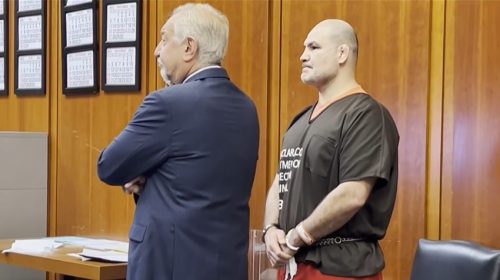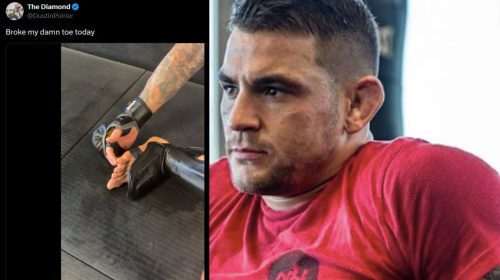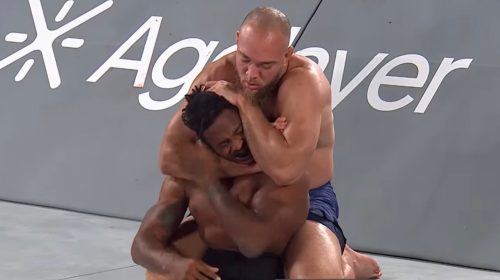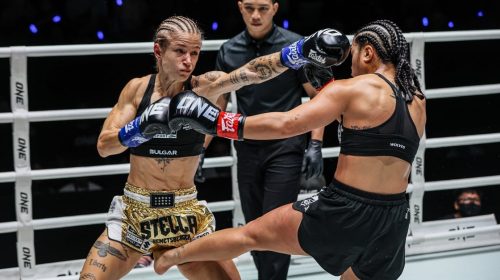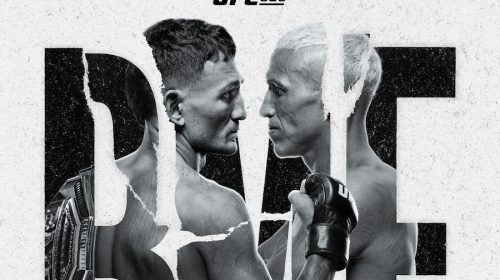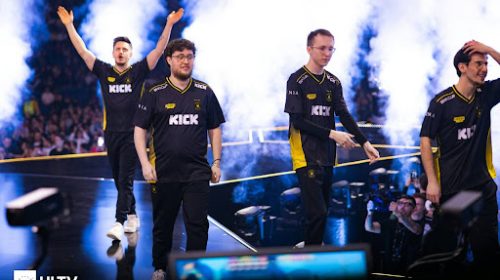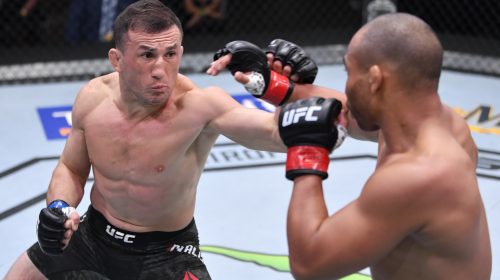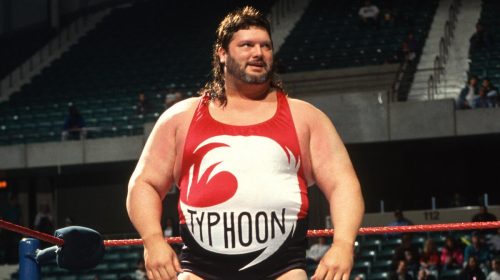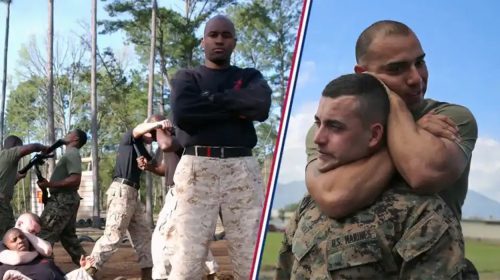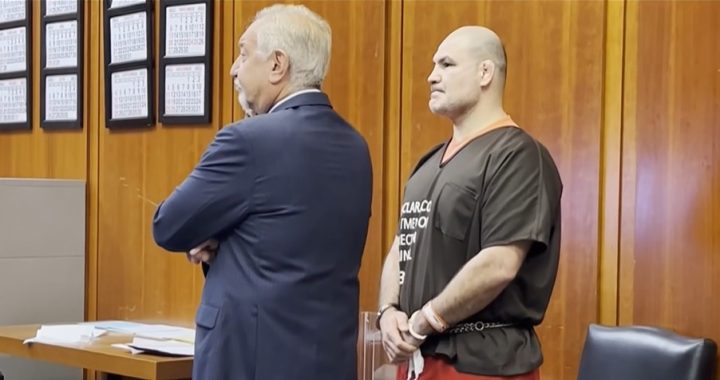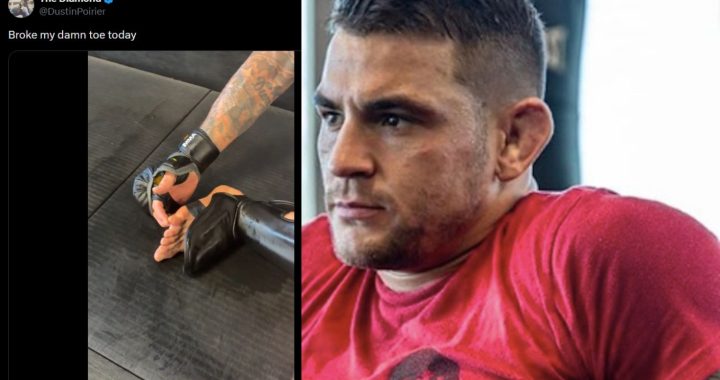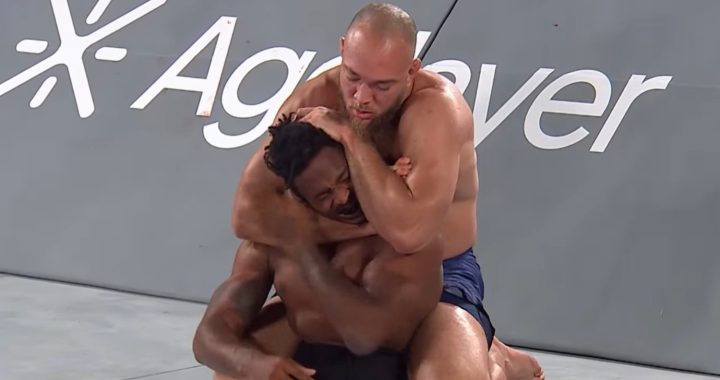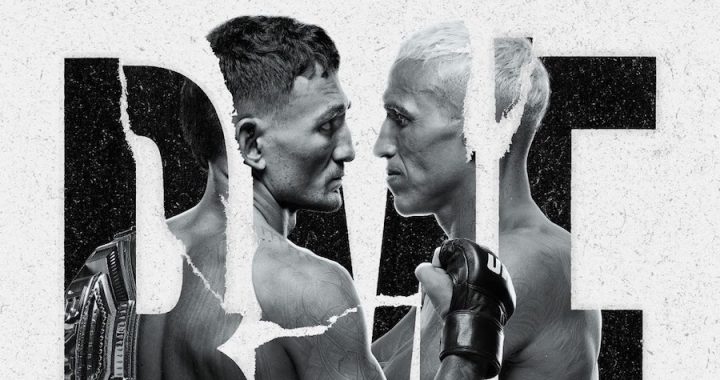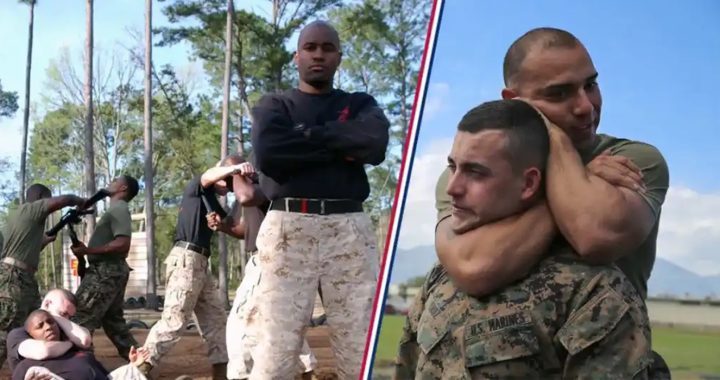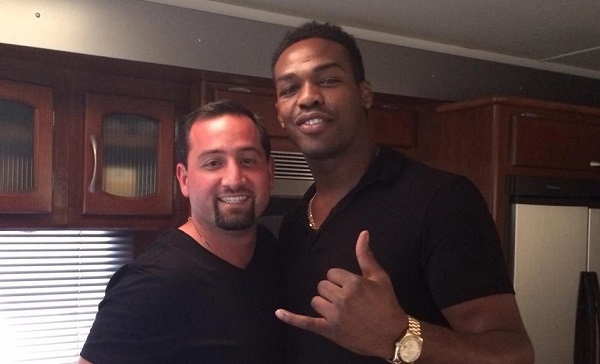
First Round Management’s Ibrahim Kawa on ‘the culture we’ve established in our sport’
Flip over to ESPN and just read today’s sports ticker. “Player A to sign multi-year contract … first confirmed by X.”
It’s become a part of the sports world. Stories break, as they do in every sport, and the citation follows. That sounds harmless enough to give credit where credit is due. But sometimes, reporters can get it wrong and in the world of online reporting, getting the story wrong doesn’t have the same consequences as reporting it wrong so many years ago.
Part of this is due to news being broken the minute it actually happens. An inside source contacts someone and the article is written and sitting in stand-by until the source can be confirmed. Still part of it won’t even wait that long. If the unconfirmed source has been consistent, then it must be good enough to put the story out there before it’s actually official.
First Round Management’s Ibrahim Kawa sat down with MyMMANews.com to discuss this concept as it has caused some difficulties while managing his fighters.
“Abe” Kawa’s list of clients reads as a virtual who’s who in MMA: Jon Jones, Tyron Woodley, Demetrious Johnson, etc.
“In our sport … anybody can say anyone is doing anything and there is no checks and balances,” Kawa stated.
Kawa has stressed a dangerous upward trend of these stories, sort of ‘ego stories’ where breaking the news first will offer legitimacy to the writer/reporter.
Once upon a time in print news, if a story was written and that story contained untrue information (see: Stephen Glass and Jayson Blair) there were serious implications that followed. This is not to say that the articles being written surrounding MMA fighters is altogether untrue, but rather unconfirmed.
Kawa feels these stories could be written better.
“If you’re going to report on a story, or a possible matchup, or a fight, it should not be an opinion piece.”
Now it’s true that all sports do this to some degree. Anonymous sources will always exist, but perhaps the verbiage could change. Rather than reporting news as breaking via anonymous source, writers could take information given to them, write the story and stress that nothing is finalized. Then contact either or both sides to ask for a comment on it before sending the story to be edited.
Taking steps like this could be baby steps into mending relationships between writers/reporters and the sports and figures they chose to cover.
LISTEN TO IBRAHIM KAWA BELOW:



